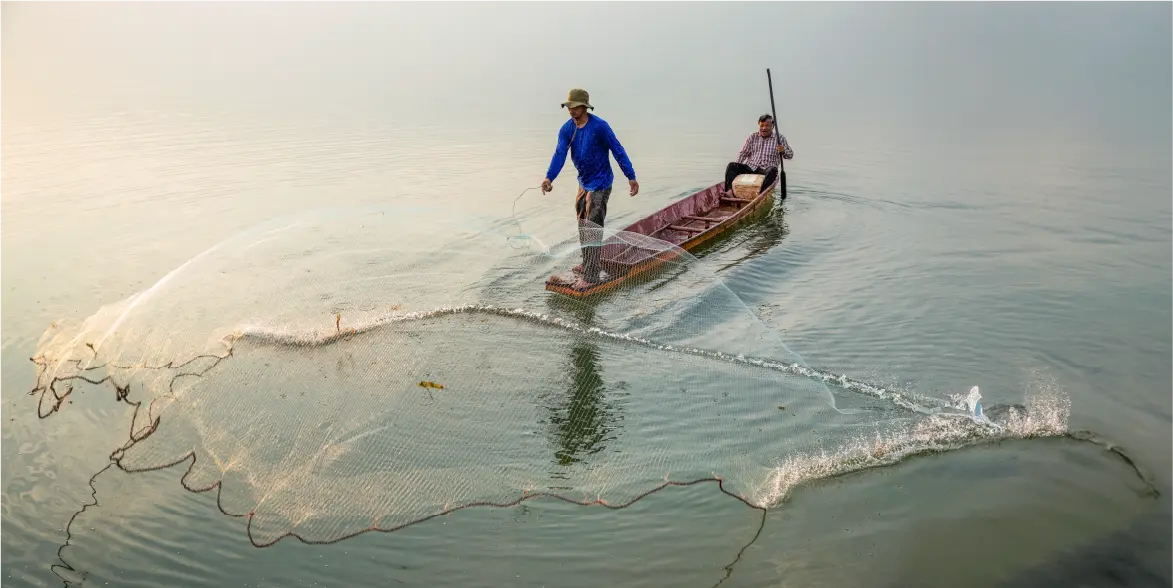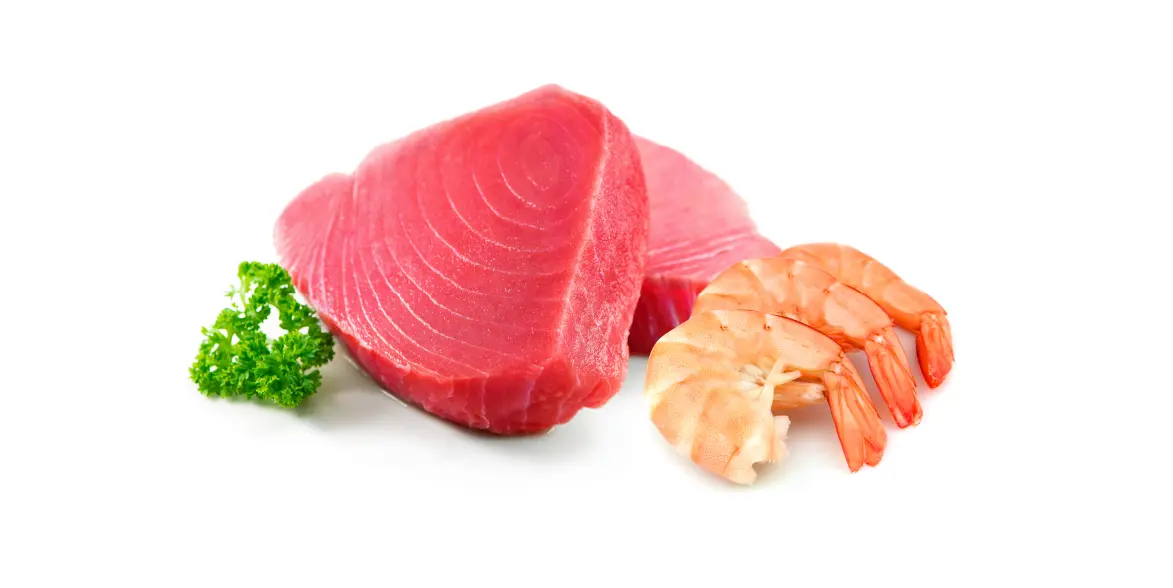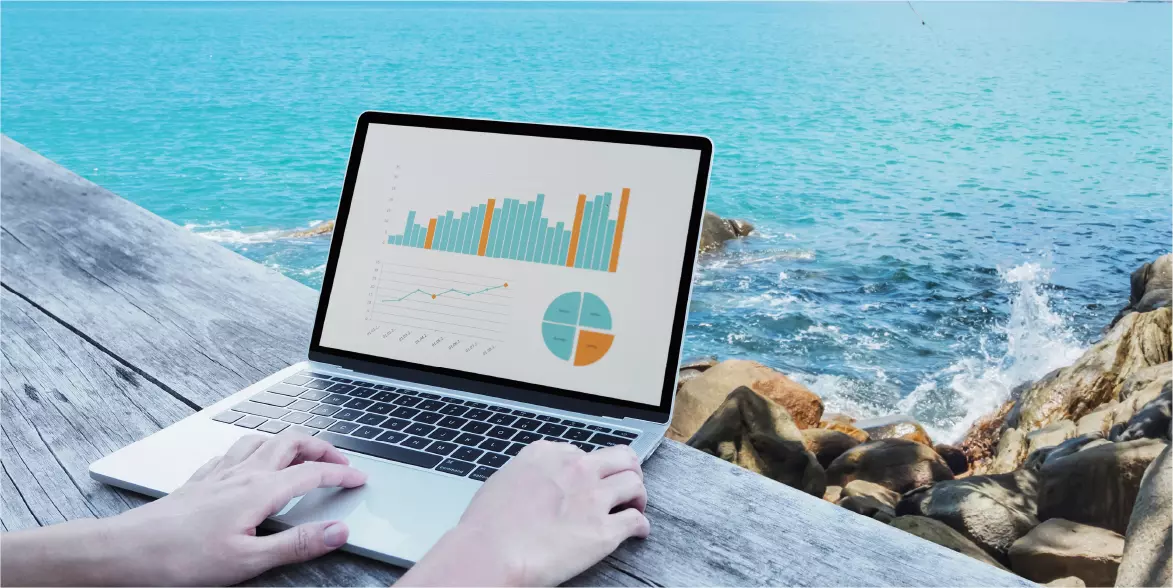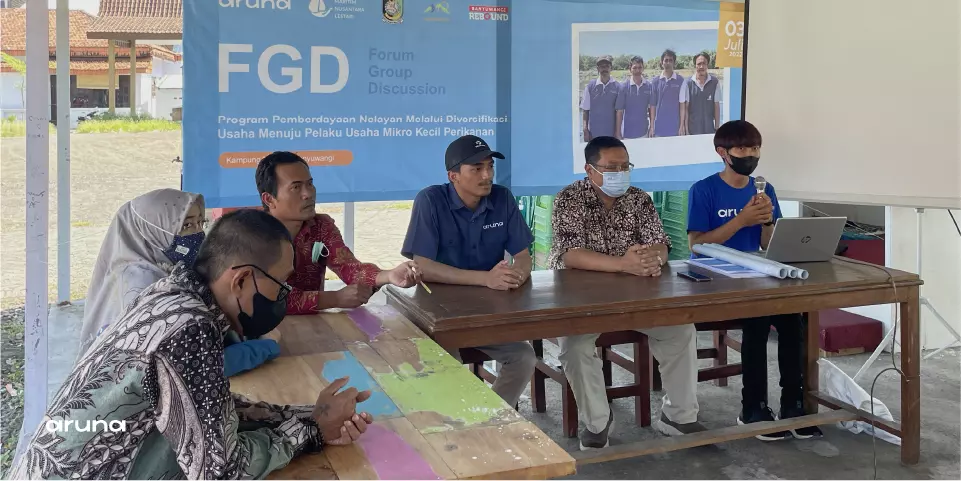As a maritime country, Indonesia has maritime and fisheries resources that are one of the pillars of the national economy. Efforts to optimize this potential are carried out through the concept of “Blue Economy”, which is the main focus of the Ministry of Marine Affairs and Fisheries (KKP) under the leadership of Minister of Marine Affairs and Fisheries, Sakti Wahyu Trenggono.
Blue Economy is a concept of sustainable use of marine resources to increase economic growth and people’s welfare. This concept covers the maritime, fisheries, tourism, water transportation, renewable energy, and waste management sectors.
KKP’s Five Blue Economy Programs
Here are five Blue Economy programs that are a priority for KKP:
- Expansion of marine conservation areas, to protect and preserve marine ecosystems.
- Catch-share fishing (PIT) based on quotas, to regulate and control the amount of fish that can be caught by fishermen in accordance with the carrying capacity of the waters.
- Development of environmentally friendly aquaculture, to increase the productivity of aquaculture by using environmentally friendly technologies and methods.
- Management and supervision of coastal and small islands, to manage and supervise the resources and potential of coastal and small islands in an optimal and sustainable manner.
- Handling of plastic waste in the ocean, to address the problem of plastic waste in the ocean that can damage marine ecosystems and disrupt fishing activities.
Concept of Blue Economy for Equitable Economic Growth
By implementing Blue Economy, Indonesia can realize equitable economic growth in the maritime and fisheries sector. This means that all parties involved, especially fishermen, can enjoy the benefits of marine and fishery resources.
In addition, the use of resources must also be done sustainably, so as not to reduce the availability and quality of these resources in the future.
The Blue Economy concept is expected to support food security and climate change mitigation. Food security means that Indonesia can meet its food needs, especially animal protein from fishery products. Climate change mitigation means that Indonesia can reduce greenhouse gas emissions and adapt to the impacts of climate change.
Indonesia as a Leader in the Blue Economy Industry
Minister of Marine Affairs and Fisheries, Sakti Wahyu Trenggono, was awarded the “Best Leader for Developing Blue Economy Strategy” at the Indonesia Visionary Leader (IVL) 2023. This award was given because Minister Trenggono was considered to be able to conceive and implement Blue Economy-based programs well.
In addition, Doni Ismanto, the Special Assistant to the Minister of Marine Affairs and Fisheries for Media and Public Communication, revealed that KKP has succeeded in increasing Non-Tax State Revenue (PNBP) in the maritime and fisheries sector. In 2022, PNBP reached Rp1.79 trillion, which is a record high since KKP was established in 1999.
These achievements show that Indonesia has great potential to become a leader in the global Blue Economy industry. With a sea area of 6.4 million square kilometers, Indonesia also has abundant marine and fishery resources.
Therefore, cooperation from various parties is very necessary to achieve marine sustainability and the welfare of coastal communities.
Aruna, as a fishery company that focuses on empowering coastal communities, has partnered with local fishermen. This has helped to increase the income of local fishermen and create jobs in coastal areas.
In addition, we also use environmentally friendly fishing gear that can help preserve marine resources, and always maintain the quality of the catch so that it meets food safety standards.











Leave a reply
No comments found.